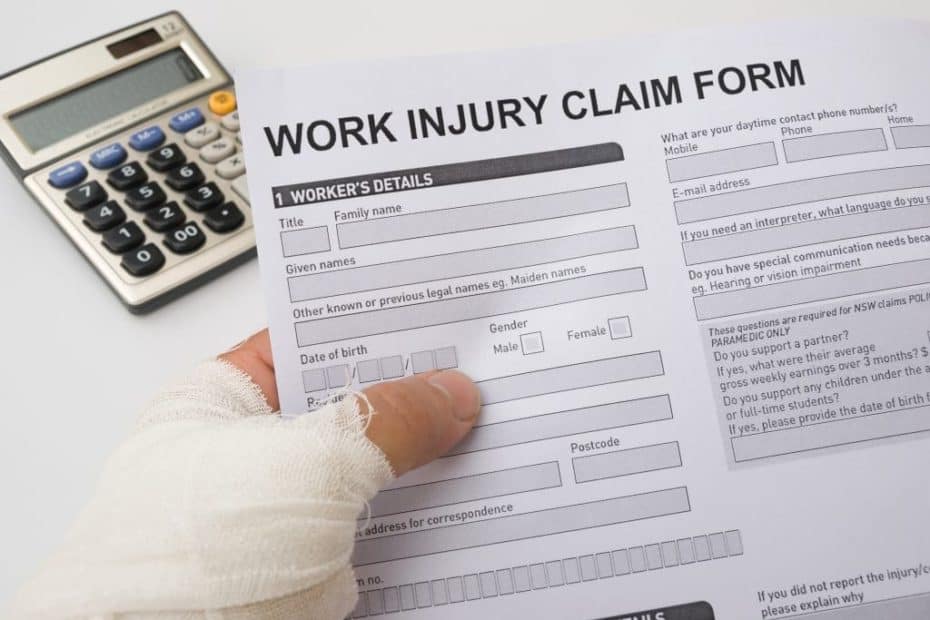Workers’ compensation is a state-run system that covers employees who get injured on the job. It’s designed to protect workers and employers alike.
It’s a “no-fault” system, which means that injured workers agree not to sue their employer for negligence. In exchange, they receive weekly cash benefits and medical care.
No-fault system
The no-fault system is based on the premise that injured workers can receive compensation for their injuries without having to prove fault. This is in the interests of both employers and employees.
In the no-fault system, a worker can receive compensation for their medical expenses and lost wages regardless of who caused their injury. This means that you do not have to go through a lengthy and expensive fight with your employer over who was at fault for the accident that led to your injuries.
The workers’ compensation system is administered by state legislatively created workers’ compensation boards. They review claims, determine whether they are compensable and make payments to claimants in a timely and fair manner.
Medical care
Injured workers need to see a doctor to get treatment for any work-related injuries. This is important to both their health and their legal rights.
The good news is that the law gives workers a Workers’ Compensation for Injured Workers. The law also requires that all medical care you receive is in accordance with medical treatment guidelines set by the Workers’ Compensation Board.
These guidelines include body regions and treatments that are considered evidence-based. Many states have enacted or are considering implementing similar rules for their workers’ compensation systems. They are intended to limit the number of visits and procedures that can be paid for by workers’ compensation insurance companies. They are designed to help reduce over-utilization of outpatient services, especially physical therapy and chiropractic manipulation.
Temporary disability
Temporary disability provides workers with benefits for a short period of time after a work-related injury. These are typically paid in the form of weekly or biweekly checks for a fraction, usually two thirds, of their normal wage.
This type of compensation is important because it replaces a small part of the victim’s income while they recover. It’s also intended to help workers recover from an inability to return to the workplace or find a job that will accommodate their condition.
Generally, a temporary total disability can be claimed for a maximum of 400 weeks from the date of the qualifying injury. Often, this amount will be extended longer for serious conditions (such as HIV, hepatitis and lung disease), or in the case of permanent partial disabilities that cause the worker to suffer a substantial loss of earnings.
Permanent disability
Permanent disability is a type of compensation that is provided to workers who cannot work because of their injuries or illness. Whether you are eligible for this benefit will depend on the severity of your injury and its impact on your ability to work.
The workers’ compensation system recognizes two types of permanent disabilities: total and partial. Partial disabilities only limit your capacity to work in a limited way, and are less common than permanent total disability cases.
Most states provide partial disability benefits for a period of time until your condition is stable. Once you reach maximum medical improvement (MMI), your doctor will write a report, or Pamp;S, that describes your permanent condition and any future care recommendations.
Death benefits
When a worker dies as a result of a workplace injury or illness, the workers’ compensation insurance company pays death benefits to their dependent family members. These benefits are designed to help surviving family members survive financially while they grieve over their loved one’s loss.
In most states, these benefits are distributed based on the deceased worker’s average weekly wage and are typically paid for 500 weeks. These benefits also include indemnity compensation and funeral expenses.
Most states recognize that a deceased worker’s family will be impacted by his or her death, which is why they provide these benefits. They are generally available to spouses, children and other family members who lived with and depended on the deceased employee for support.




